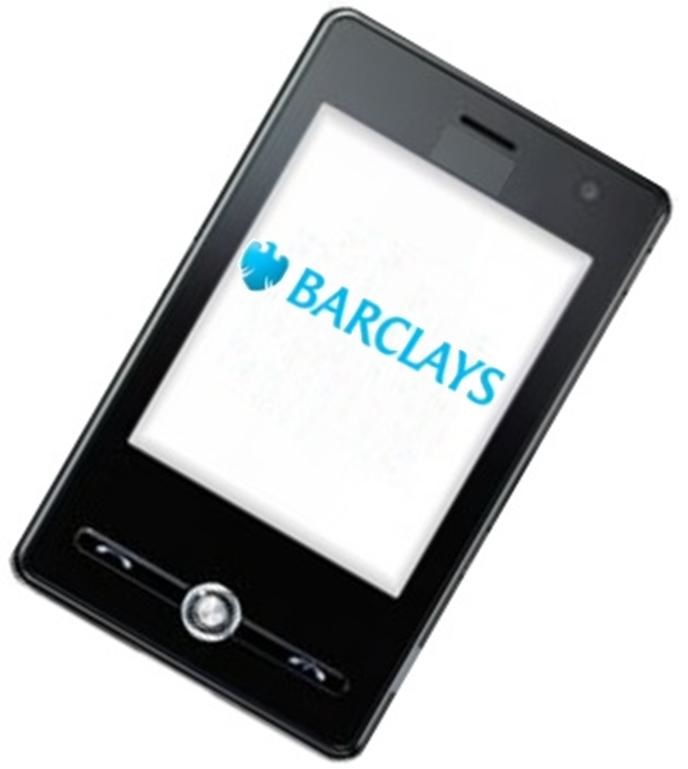A recent survey has shown that consumers from the U.K. don’t feel safe shopping or paying with their smartphones.
While the promise of m-commerce and mobile payments has been a large one, recent events in digital security have caused a considerable amount of harm to the confidence that consumers in the United Kingdom are feeling toward the safety of the technology.
The Heartbleed security flaw had a particularly damaging impact on consumer trust in mobile shopping.
Recent research from a firm called Intercede has revealed that following the Heartbleed online and mobile security issue, only 18 percent of consumers in the United Kingdom feel confident that their use of m-commerce and smartphone based payments are actually secure. The same survey showed that more than half – 53 percent – of shoppers in the U.K. say that they would never use mobile banking services, while many among them avoid using any form of financial services over their smartphones – including money transfer apps, shopping sites, and PayPal.
Twenty four percent of the surveyed consumers would not feel safe shopping over m-commerce.
 Over half are already avoiding using mobile apps for money transfer, and 75 percent of those who stated that they were worried about experiencing data loss in case they should ever have their smartphone stolen, said that identity theft was their largest concern.
Over half are already avoiding using mobile apps for money transfer, and 75 percent of those who stated that they were worried about experiencing data loss in case they should ever have their smartphone stolen, said that identity theft was their largest concern.
According to the Intercede CEO, Richard Parris, “Nearly every week we read about another high-profile hacking story in the news.” He added that “From major attacks such as Heartbleed to eBay’s recent data breach, it’s not surprising that consumers just don’t trust mobile security. This is throttling the mobile economy. But with the mobile device boom set to continue, it’s clear that security needs a radical revamp.”
The survey results were quite interesting when looking at the responses given from the various age groups. While it was expected that those in the age bracket of 18 to 24 might be those that were most likely to be comfortable with m-commerce and payments, concerns over mobile security of financial and personal information spanned all of the age groups. As a whole, 54 percent expressed concern regarding the security of their smartphones. That said, it was the 13 to 24 years old age group that were the most distrustful when it came to smartphone based banking and financial services.

 Mobile commerce is becoming a powerful force in both the UK and India. Smartphone penetration in both countries is on the rise and more consumers are looking to take advantage of new services that cater specifically to a mobile audience. The demand for
Mobile commerce is becoming a powerful force in both the UK and India. Smartphone penetration in both countries is on the rise and more consumers are looking to take advantage of new services that cater specifically to a mobile audience. The demand for 